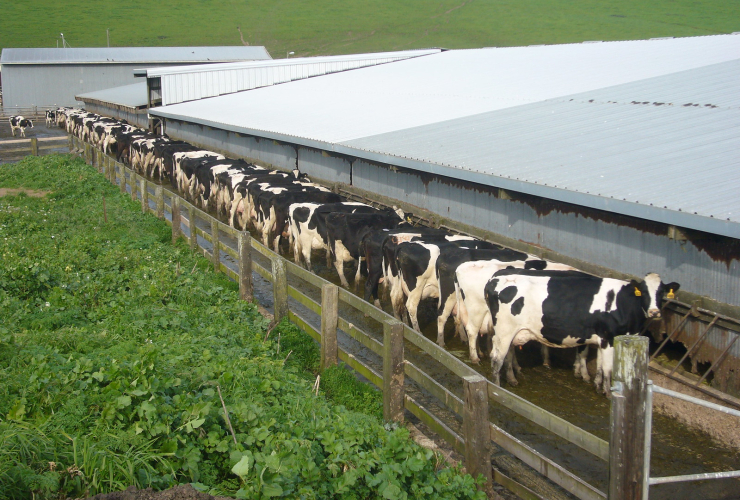‘Extremely dangerous for the world’ Trump election spells disaster for climate efforts
Trump may be a climate-denying fossil fuel booster, but the climate science isn’t changing. The crisis is real, it is here, and much work remains to cut global emissions in half by decade’s end — as scientists say is urgently required.

















